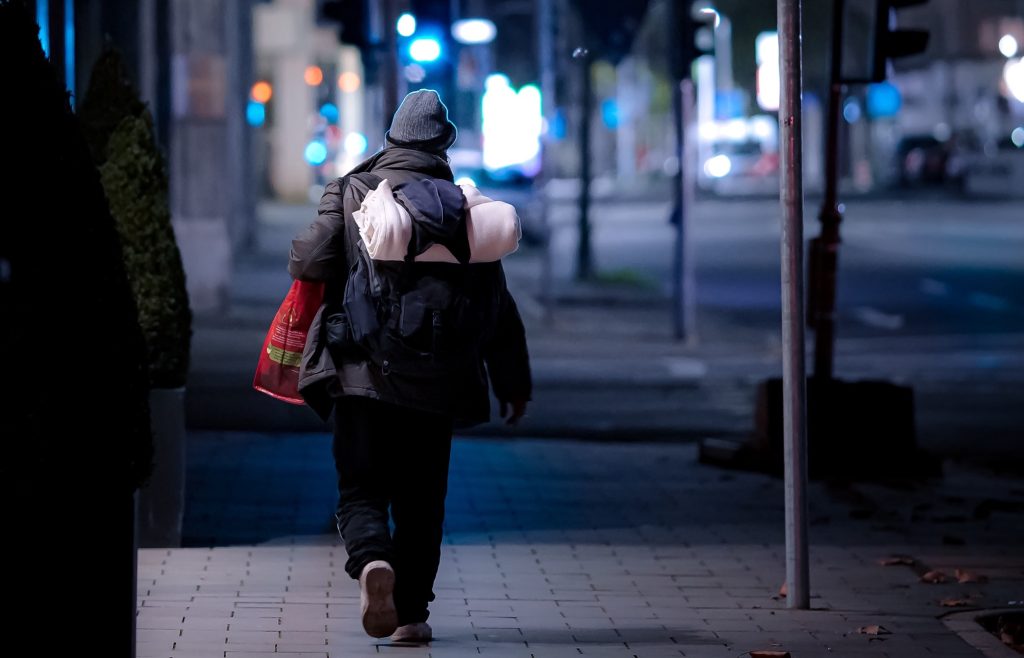Homelessness is a significant challenge for health services, and the numbers of homeless people are increasing nationally. Recent published research estimates that at least 320,000 people are homeless in Britain. This is a year-on-year increase of 13,000, or a 4% rise, suggesting that nationally one in 200 people are homeless.
Homeless and excluded people are 10 times more likely to face an early death than those of us with a home
Homelessness is associated with poor health outcomes, with dire consequences for individual patients. Homeless and excluded people are 10 times more likely to face an early death than those of us with a home. The average age of death for a homeless woman is 43, and for a man 45. Recent investigations have found high numbers of people literally dying on the streets.
Patients experiencing homelessness and social exclusion can be challenging to treat due to their multiple and complex needs. A person who is homeless is:
- 34 times more likely to have tuberculosis
- 50 times more likely to have Hepatitis C
- 12 times more likely to have epilepsy
- 6 times more likely to have heart disease
- 5 times more likely to have a stroke
- 2.5 times more likely to have asthma
Because of the severity of these health issues in the homeless population, there is a significant cost to the NHS. In 2010, the Department of Health’s own research estimated that the increased use of health services by homeless people cost at least £85 million per year.

Life on the streets is difficult. A daily search for food and shelter, a struggle for existence. Unsurprisingly, many people experiencing homelessness become ill. Because of the severity of their illnesses, people experiencing homelessness:
- attend A&E six times as often as people with a home,
- are admitted to hospital four times as often,
- stay three times as long,
- and are less likely to be registered with an appropriate GP.
Many homeless patients are not identified as such until the point of discharge. Some will fear the stigma of disclosing homelessness and give a past address to conceal their situation. Others will give the address of a friend, or a made-up address or a hostel or night shelter address.
Homelessness and resulting adult social care issues can contribute to delayed discharge. Pathway is aware of some hospitals discharging homeless patients to the street in order to avoid breaching NHS targets. This practice is contrary to the legal ‘duty to refer’, which the Homelessness Reduction Act 2017 places on hospitals and other public authorities, and also often fails to comply with safeguarding adults principles in the Care Act 2014.
Patients discharged to the street, without access to water, nourishment or rest, are highly likely to deteriorate. Most will be readmitted to hospital again, rapidly caught in a costly downward cycle of deteriorating ill health.
We work with the NHS to help spread and develop our successful model of enhanced care coordination for people who are homeless and other excluded groups. Working cloesely with our NHS partners, we strive to reach as many people as possivle who will benefit from the service. It’s precisely why we developed a partnership programme – to partner with more NHS providers to deliver high quality care to people who need it most.
Our teams improve health care for homeless patients in hospital. Without a Pathway team, busy hospital staff often find they have little alternative than to discharge patients back into homelessness. The streets are not an easy place to recover, and many patients end up back in hospital very rapidly with the same problem all over again.
